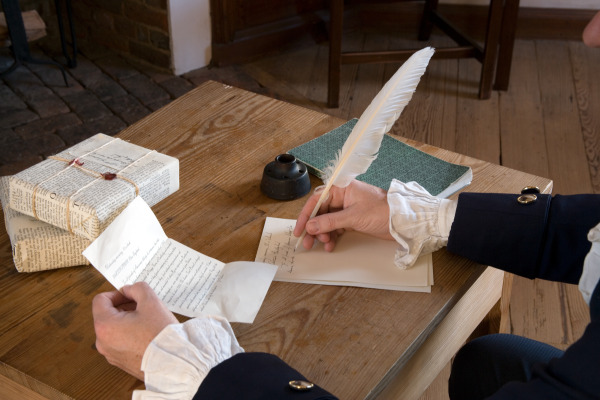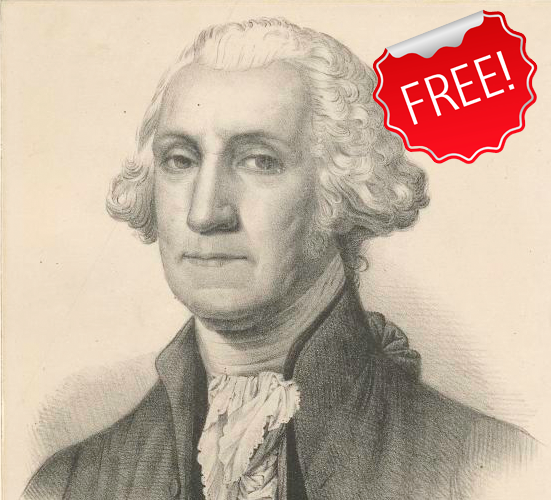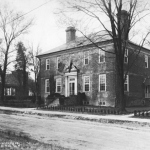 They say the English language is one of the toughest to learn. Making it even more difficult is our use of idioms—common expressions that have inserted themselves into our everyday conversation. When you stop to consider the literal definition of those words, well, they usually don’t “make a lick of sense.”
They say the English language is one of the toughest to learn. Making it even more difficult is our use of idioms—common expressions that have inserted themselves into our everyday conversation. When you stop to consider the literal definition of those words, well, they usually don’t “make a lick of sense.”
Or do they? It turns out many phrases are actually deeply rooted in our history and how they originated can be fascinating for writers and history buffs alike-even if they aren’t what you initially thought.
 The magazine, Mental_Floss, looked into popular phrases that are rumored to have started in the 18th century. For example, why do people think George Washington’s personal portraits cost an “arm and a leg?” Get ready to take notes. You never know when these little nuggets of information could come in handy. Save them for an intense round of historic trivia or bust them out during a particularly dull dinner party.
The magazine, Mental_Floss, looked into popular phrases that are rumored to have started in the 18th century. For example, why do people think George Washington’s personal portraits cost an “arm and a leg?” Get ready to take notes. You never know when these little nuggets of information could come in handy. Save them for an intense round of historic trivia or bust them out during a particularly dull dinner party.



Karen says
According to the 1788 Classical Dictionary of the Vulgar Tongue, “To mind one’s P’s and Q’s” means “to be attentive to the main chance.”
(I highly recommend reading through the Classical Dictionary of the Vulgar Tongue; it’s available through Google Books at https://books.google.com/books?id=4HoSAAAAIAAJ and has many colorful phrases, some of which are actually repeatable in polite company.) 😉
James E Badura says
keep me updated
Suzi Clatke says
I’m surprised at your definition of P’s and Q’s. I was always taught that it was a printer’s phrase - lower case “p” and “q” look the same if placed the same way round. So a printer had to mind his “p’s” and “q’s” when setting type face.